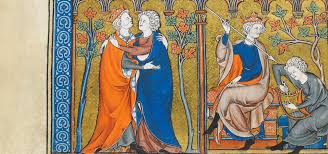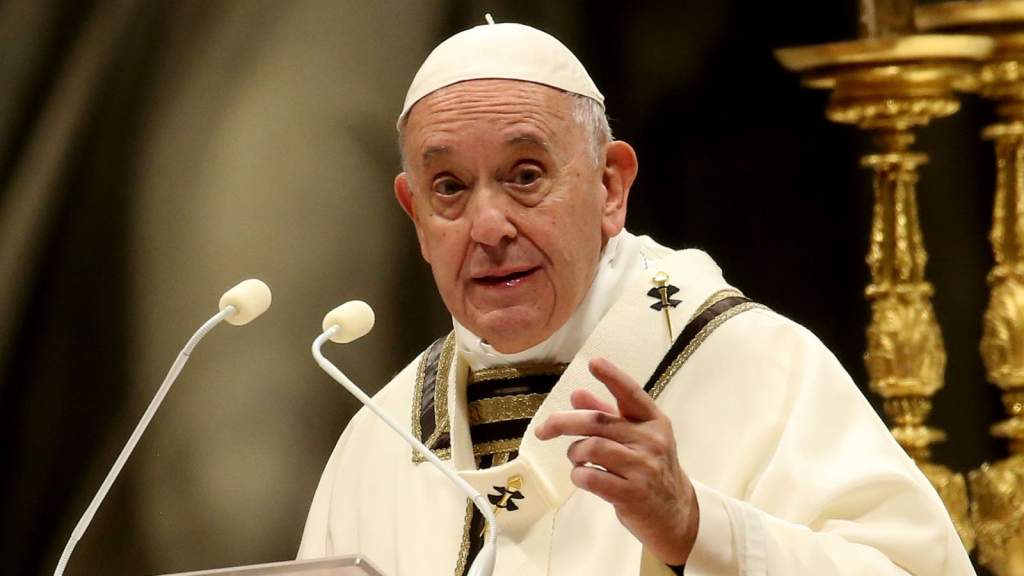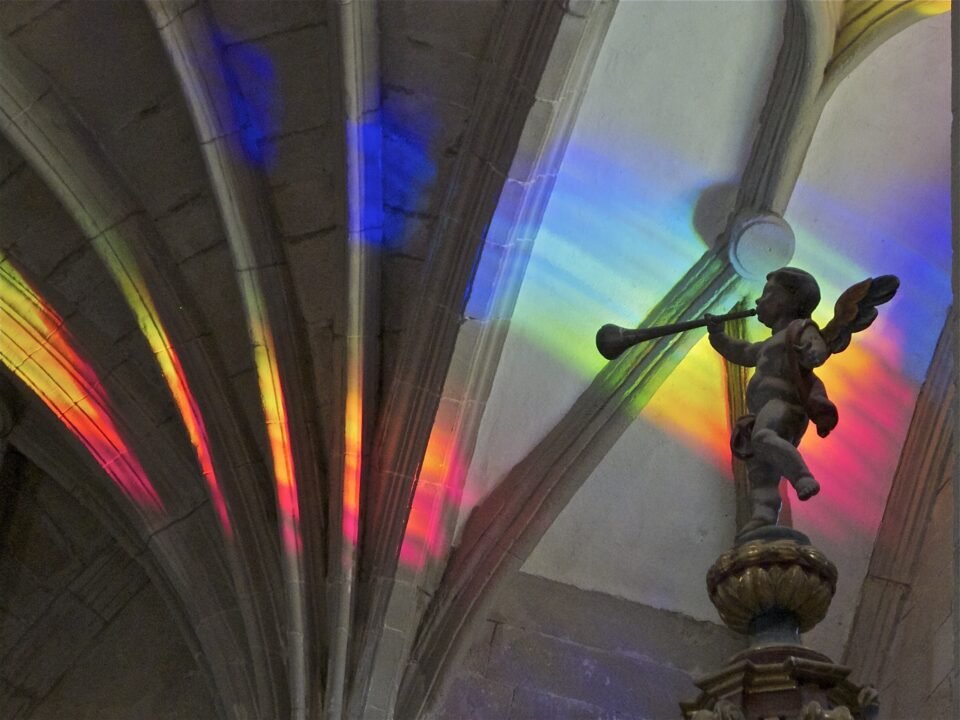Since homosexuality is not a crime, the pope says, “We are all children of God.”
Francis criticized laws that criminalize homosexuality in an interview with the AP and urged bishops to embrace LGBTQ individuals
Francis stated that bishops must change and respect everyone’s dignity.
Pope Francis has called for Catholic bishops who support the laws to warmly welcome LGBTQ individuals into the church, calling the laws that criminalize homosexuality “unjust” and asserting that God loves all of his children exactly as they are.
In an interview with The Associated Press on Tuesday, Francis stated that being homosexual is not a crime.
Francis admitted that some Catholic bishops support legislation that criminalizes homosexuality or targets the LGBTQ community, and he personally referred to the matter as “sin.”

However, he ascribed such viewpoints to cultural contexts and asserted that bishops in particular needed to go through a transformational process to acknowledge the dignity of everyone.
He said, “These bishops must go through a conversion process,” pleading with them to show “tenderness, please, as God has for each of us.”
According to The Human Dignity Trust, which campaigns to repeal such laws, 67 nations or jurisdictions worldwide criminalize consenting same-sex sexual behavior, 11 of which have the power to do so or already do. According to experts, laws banning harassment, stigmatization, and violence against LGBTQ individuals still exist even in places where they are not implemented.
Despite a 2003 Supreme Court decision stating that anti-sodomy statutes are unconstitutional, more than a dozen states in the US still have them in place.
The “Don’t say gay” law in Florida, which forbids teaching about sexual orientation and gender identity in kindergarten through third grade, is one example of recent legislation that gay rights activists claim is used to harass homosexuals and serves as further proof of ongoing efforts to marginalize LGBTQ people.
The United Nations has repeatedly urged governments to repeal laws that categorically criminalize homosexuality, arguing that doing so violates peoples’ rights to privacy and freedom from discrimination as well as their obligations under international law to defend everyone’s human rights regardless of sexual orientation or gender identity.
Francis called such regulations “unjust” and suggested that the Catholic Church fight to abolish them. It must perform this. This has to happen, he insisted.
Francis cited the Catholic Church’s Catechism in stating that homosexual individuals must be accepted and respected and should not be subjected to prejudice or discrimination.
Francis told the press in the Vatican guesthouse where he stays, “We are all children of God, and God loves us for the strength that everyone of us fights for our dignity.
These rules, which originated during British colonial rule or were influenced by Islamic law, are prevalent in Africa and the Middle East.
While some Catholic bishops have steadfastly defended them as being in line with Vatican teaching that views gay behaviour to be “intrinsically disordered,” others have urged for their repeal as a breach of fundamental human dignity.
Francis had been invited to a meeting with human rights organizations in 2019 to discuss the effects of such legislation and purported “conversion therapies,” and he was expected to make a statement denouncing their use.

In the end, the organizations met with the Vatican’s No. 2 who reiterated “the dignity of every human being and against every form of violence,” instead of the pope, who declined to meet with them.
Francis stated on Tuesday that with regards to homosexuality, there should be a distinction made between a crime and a sin.
He declared that being homosexual is not illegal. It’s not illegal. Sure, but it’s sinful. Okay, but let’s first define the differences between a sin and a crime.
Lack of goodwill toward one another is likewise a sin, he continued.
According to Catholic doctrine, homosexual activities are “intrinsically disordered,” even though homosexuals must be treated with dignity. Although Francis has not modified this teaching, he has made it a point of his pontificate to be inclusive of LGBTQ people.
Francis first publicly served the LGBT and trans community in 2013 when he famously said, “Who am I to judge?” in response to a question about a rumored gay priest.
He supported same-sex legal protections as the archbishop of Buenos Aires instead of promoting homosexual marriage, which Catholic theology forbids.
Despite this outreach, Francis came under fire from the Catholic LGBTQ community for a 2021 Vatican doctrinal office directive that the church cannot approve of same-sex relationships “since God cannot approve of sin.”
In 2008, the Vatican refused to ratify a UN resolution calling for the decriminalization of homosexuality, claiming the text went beyond its intended intent and contained objectionable wording regarding “sexual orientation” and “gender identity.”
The Vatican urged nations to avoid “unjust discrimination” against LGBT people and cease punishments against them in a statement at the time.





